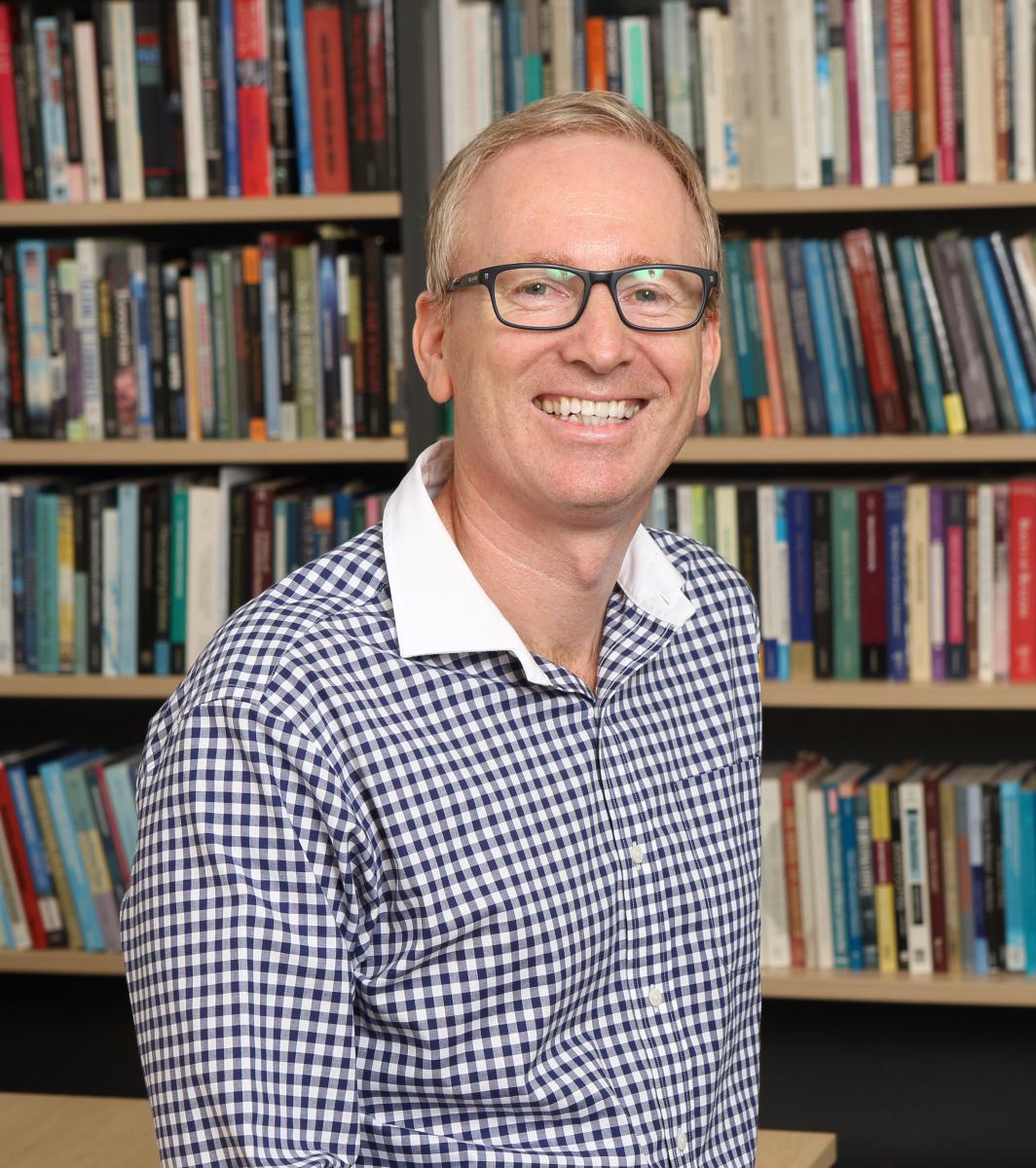Executive Dean's Welcome - March 2017

I am writing this from the USMG retreat on the Gold Coast where we’ve been bunkering down from the mayhem caused by cyclone Debbie. It has been a good day and a half; much of the debate has been about the future ‘size and shape’ of UQ; there has been a strong consensus that the University must remain a comprehensive University while having sufficient agility to grow new areas of research and teaching strength.
This was Joanne Tompkins’ last week as the Faculty’s Associate Dean Research (ADR). On Monday she begins a three-year secondment at the Australian Research Council where she will take up the role of Executive Director for Humanities and Creative Arts. I would like to warmly thank Joanne for her outstanding leadership of the Faculty’s research portfolio since she took up the role in mid-2014.
I am very pleased to share with you the news that Annemaree Carol has agreed to transition from Deputy ADR to Acting ADR for a three-month period during which a successor to the role will be appointed.
There have been many notable achievements this month that I’d like to mention. The first is that the University of Oxford have named a scholarship in honour of ARC Laureate Fellow Peter Harrison. As many of you know Peter is formerly the Idreos Professor of Science at Oxford; the scholarship is testament to the high regard in which Peter is held among his peers.
Congratulations too to the School of Education who have received a World Down Syndrome Day award for their Down Syndrome Research Project which has been running since 1978. The centrepiece of the research is a longitudinal study that has provided important insights in the health and development of those with Down Syndrome.
It is almost impossible to track, yet vital to acknowledge the daily achievements of colleagues, and the breadth of events that are hosted by our Schools, Centres and Institutes. Just today I was invited to present short ‘spiels’ at two significant events. In the morning, I was invited by Deborah Brown from HPI to meet a room full of high-achieving Indigenous students (years 4-10) who are on the Solid Pathways program. These students benefit from classes in critical and creative thinking for students, as well as immersion experiences for senior students and extensive opportunities for engagement with the University of Queensland.
The HASS Faculty UQ Critical Thinking Project team assist the Department of Education and Training with curriculum design, professional development and mentoring of teachers, research and development of curriculum resources, and in co-ordinating a university engagement program that involves more than 35 disciplines, representing all faculties and four research institutes.
Experience days such as the one held at UQ on March 29 offer students an opportunity to experience in a hands-on way what research, study and career opportunities are afforded by a university education, and enable the students to meet their teachers, Indigenous Elders and like-minded peers and make contact with UQ’s ATSIS unit. This highly successful program is in its fifth year and continues to grow — from 279 students and one region in 2013 to 650 students and 6 regions in 2017.
The other event I was invited to was hosted by the Asia-Pacific Centre for the Responsibility to Protect on ‘ASEAN at 50: Appraising the Efforts to Secure the Rights of Women and Children’; the panelists were all female activists and thought leaders from the region sharing path-breaking knowledge and experience with an audience of students and researchers.
Both events illustrate a truly impressive level of engagement in areas of research and teaching that have not been well served by traditional academic cultures in the past.
And finally… A public event that you or your family and friends may want to attend is the HASS-led Global Leadership Series event, Trump Talks which will take place on the evening of 20 April at Customs House. The timing coincides with the first 100 days of the 45th President of the United States (assuming he makes it that far!).
